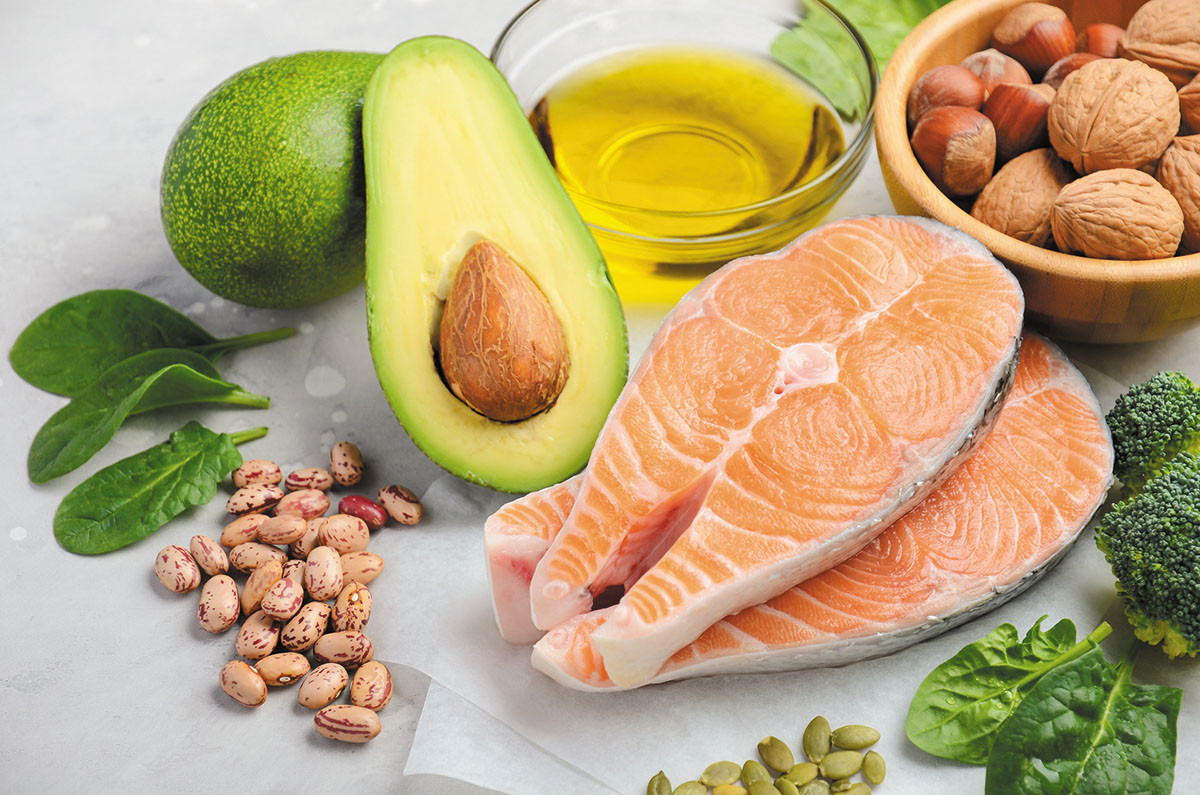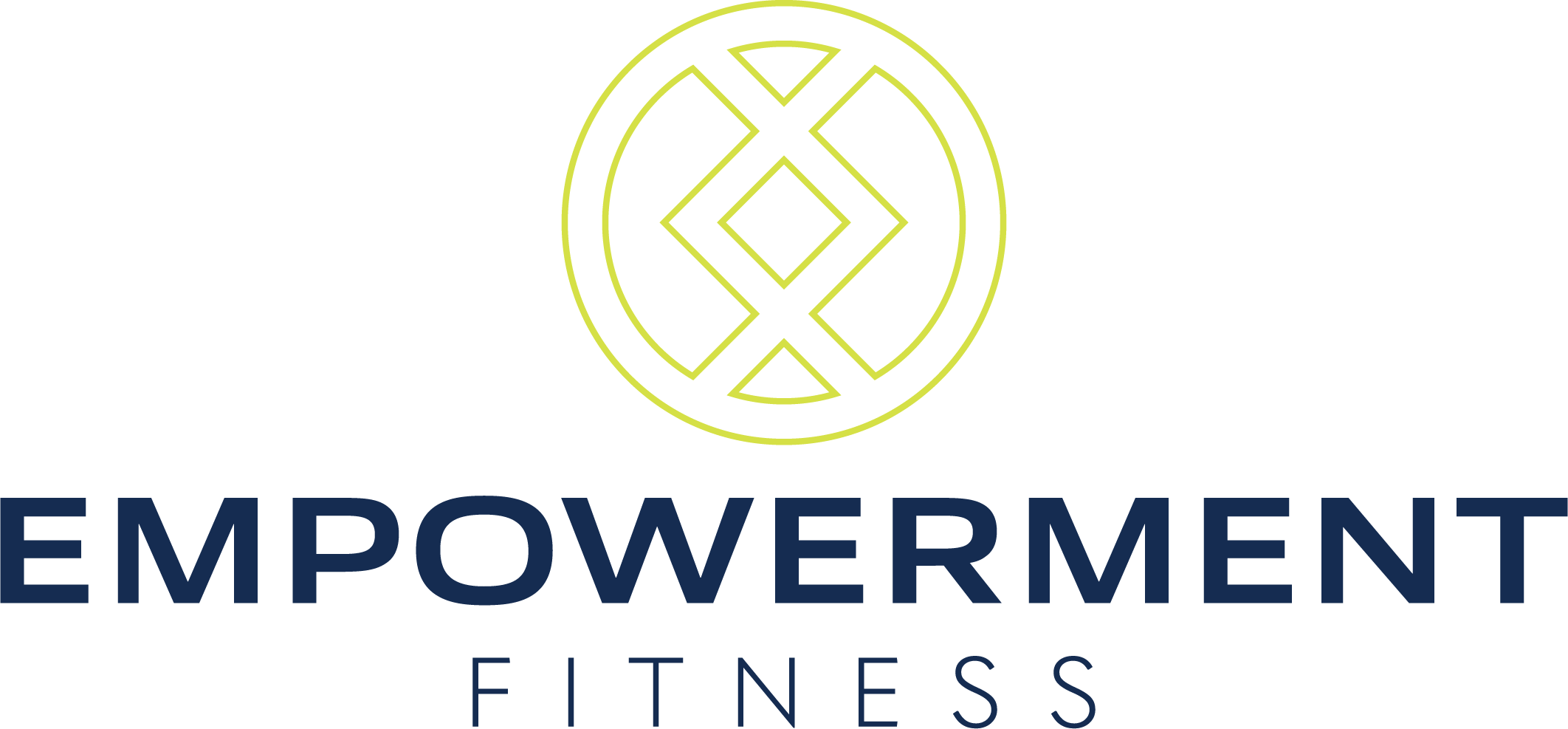
In the world of health and fitness, fat often gets a bad rap. The common misconception is that consuming fat leads to gaining fat, but this couldn’t be further from the truth. Dietary fats play a crucial role in overall health, energy, and even in optimizing your workouts. In this blog, we’ll delve into the reality of fat intake and its impact on your fitness journey, debunking myths and highlighting how you can effectively incorporate healthy fats into your diet for peak performance and health.
Understanding Dietary Fats
The Good, the Bad, and the Necessary
Dietary fat is a macronutrient that provides energy, supports cell growth, protects our organs, and helps in the absorption of essential nutrients. However, not all fats are created equal.
- Unsaturated Fats: These are the ‘good’ fats, found in foods like avocados, nuts, seeds, and fish. They are known to support heart health and reduce inflammation.
- Saturated Fats: Found in animal products and certain oils, they should be consumed in moderation.
- Trans Fats: These are the unhealthy fats, often found in processed foods, and should be limited as they can increase the risk of heart disease and other health issues.
The Role of Fats in Fitness
Energy and Performance
Fats are a dense energy source. For endurance athletes or those engaging in prolonged exercise, fats can serve as an important energy reserve. When glycogen stores are depleted, the body turns to fat for fuel.
Hormonal Health
Fats are essential for the production and regulation of hormones, including testosterone and estrogen. These hormones play a significant role in muscle growth and overall health.
Nutrient Absorption
Certain vitamins (A, D, E, and K) are fat-soluble, meaning they require fat for absorption. Including healthy fats in your diet ensures that your body can absorb these vital nutrients.
How Much Fat Should You Consume?
Balancing Your Intake
General dietary guidelines suggest that 20-35% of your daily calories should come from fat. However, individual needs vary based on factors like age, sex, activity level, and fitness goals.
Timing Your Intake
When to Consume Fats
- Pre-Workout: Avoid high-fat meals right before exercising, as these take longer to digest and can make you feel sluggish.
- Post-Workout: Including some in your post-workout meal can aid in nutrient absorption and recovery, but the focus should primarily be on proteins and carbs.
Selecting the Right Fats
Quality Over Quantity
Choose high-quality, natural sources of fats. Incorporate a mix of monounsaturated and polyunsaturated fats into your diet. Foods like olive oil, nuts, seeds, avocados, and fatty fish are great options.
Fats and Weight Management
Understanding the Balance
While fats are calorie-dense, they also provide a sense of fullness, which can help in regulating overall calorie intake. Balancing your intake with other macronutrients and your total caloric needs is key to effective weight management.
Myths vs. Reality
Debunking Common Misconceptions
The myth that eating fat directly leads to body fat is misleading. Excess calories, irrespective of the source, contribute to weight gain. Healthy fats, when consumed in moderation and as part of a balanced diet, do not cause weight gain.
Listening to Your Body
Individual Responses
Everyone’s body responds differently to dietary changes. Pay attention to how your body feels and performs in response to varying levels of fat intake and adjust accordingly.
In conclusion, fats are an essential part of a balanced diet and play a significant role in fitness and overall health. Dispelling the myths and understanding the importance of healthy fats can enhance your workout performance, aid in recovery, and contribute to long-term well-being. Remember, it’s about finding the right balance and quality of fats to support your individual fitness goals and lifestyle. Let’s embrace healthy fats as a key component of our fitness journey!




